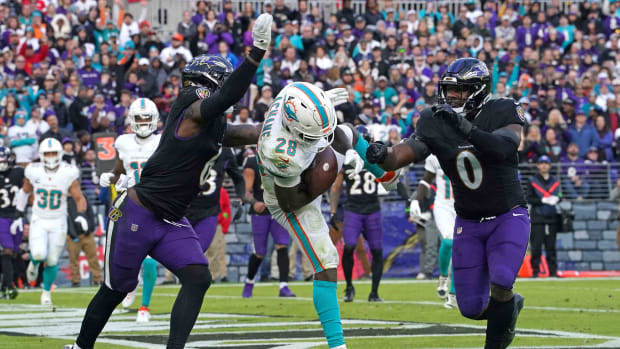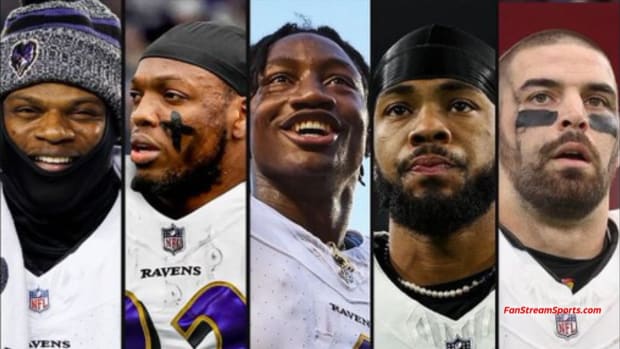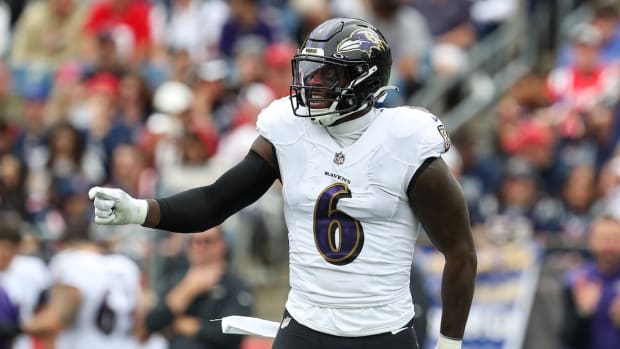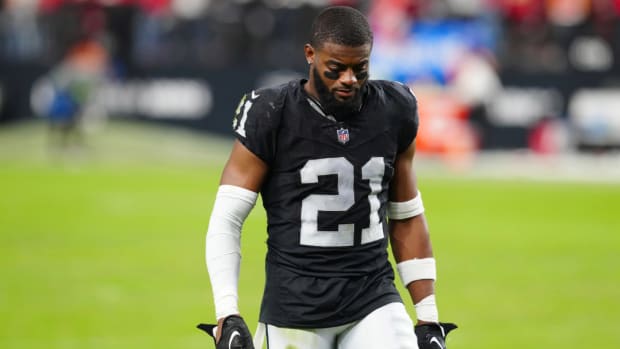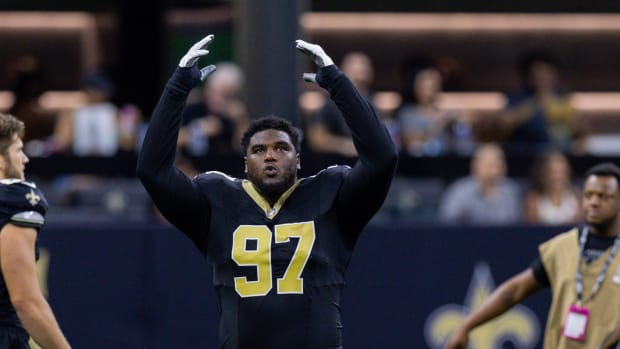NFL playing dangerous game
We'll find out. NFL owners seem set on taking the harshest route possible to prove how untouchable they are.
The looming lockout -- three days away and counting as of Tuesday morning -- would interrupt a period of skyrocketing growth and popularity for the NFL.
"It's the incredible platinum standard of all the leagues," said Andy Dolich, a longtime sports marketing guru who previously worked for the San Francisco 49ers">49ers. "Every indicator is an arrow pointing straight up."
But no one really knows what will happen if the owners choose to interrupt that upward trajectory by locking out players and entering a prolonged, uncertain work stoppage. Or if the players' union chooses to decertify and pursue antitrust action against the league, pushing the dispute into federal court.
Some signs point toward a potentially long labor dispute. There is talk of a shortened season, or even a canceled 2011. Rating agency Standard & Poor's released a note on Monday saying that many teams could survive two years without playing games.
Though that kind of nuclear winter development seems risky and unlikely, once the process starts no one can be sure how it will be resolved. And any interruption of a season puts the NFL's popularity at risk.
The NFL thinks it stands apart from Major League Baseball, which took years to recover from its ugly labor dispute in 1994, which abbreviated the season led to the cancellation of the World Series.
But how the public reacts remains to be seen.
"The downside of a debate between rich people and very, very rich people, one that leaves the fan saying 'What about me?' is not to be underestimated," said Dolich, who works as a consultant in the San Francisco Bay Area.
There are some indicators that should make NFL owners pause before they assume all will be right with the world.
• The public is not stupid. When the owners start crying poor, the fans know that NFL television ratings broke all records last season and that money floods into the owners' pockets.
• The public tends to be sympathetic to the players. Most fans are well aware that football players -- unlike many other well-paid athletes -- put their health and safety at risk every time they step on the field. They know that NFL careers are short. That the contracts are, for the most part, not guaranteed. If the public chooses sides, it will likely be with the players.
• The public is increasingly priced out. Last season, the NFL was blacked out more than at any time since 2004 and attendance figures dropped. So while the game has never been more popular, the canary in the coal mine could be actual butts in the seats.
And the NFL heads into this lockout with a P.R. issue. As the league steamed toward the March 3 deadline, a number of incidents have added up to an image problem.
• The league has paid lip service to concern over player injury while negotiating for a longer season. The league appears to be dragging its feet on concussion safety: a standardized concussion test was just instituted last week.
• During what should have been the league's finest moment, the Super Bowl, greed seemed to rule the day. Tickets were sold for seats that couldn't be used -- even though the league had advance warning. The displaced fans are suing and their plight resonates with the average NFL fan.
• Some of the owners are idiots. Reports that Carolina owner Jerry Richardson spoke disparagingly to two of the league's icons -- Peyton Manning and Drew Brees -- doesn't do much for owner popularity. If you were to take a poll by fans in each market on how much they like their local owner, the results would be underwhelming at best, save for a handful of markets.
Of course, none of these red flags mean the fans won't come flooding back as soon as the next NFL season gets under way. Football is wildly popular and nothing comes close to replacing it. The owners surely believe that they can take a hard stance and suffer no adverse long-term consequences.
But we're about to witness a heck of a litmus test.

































